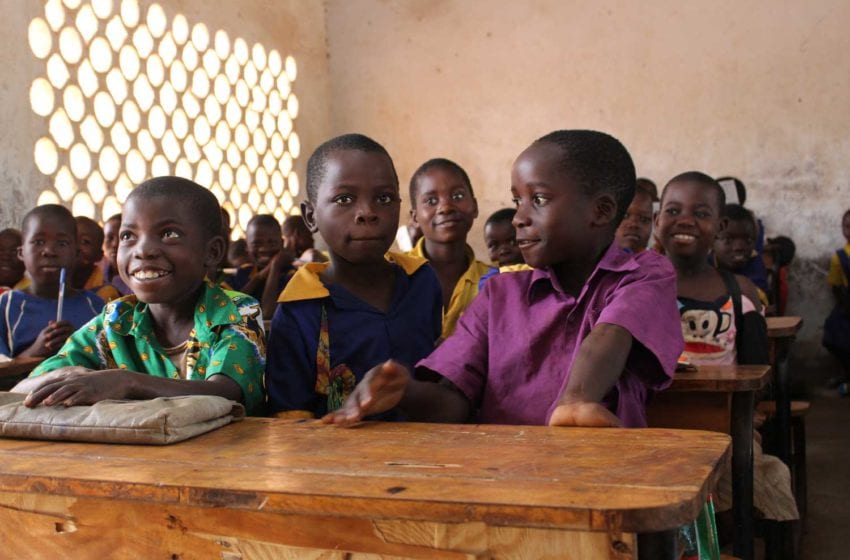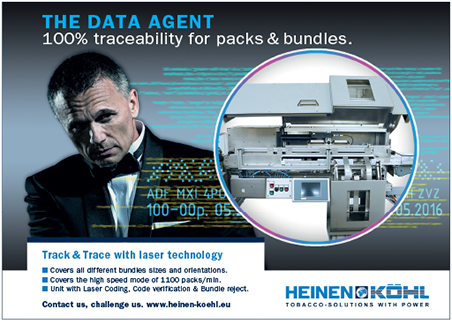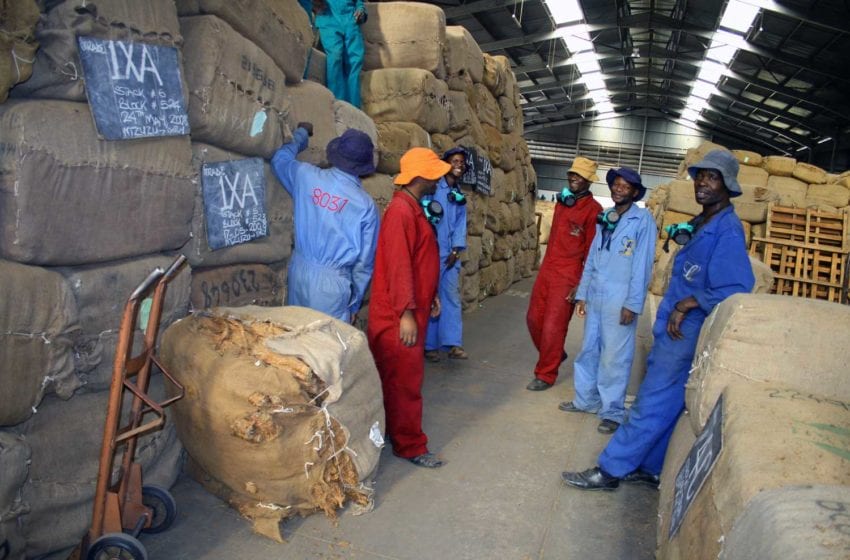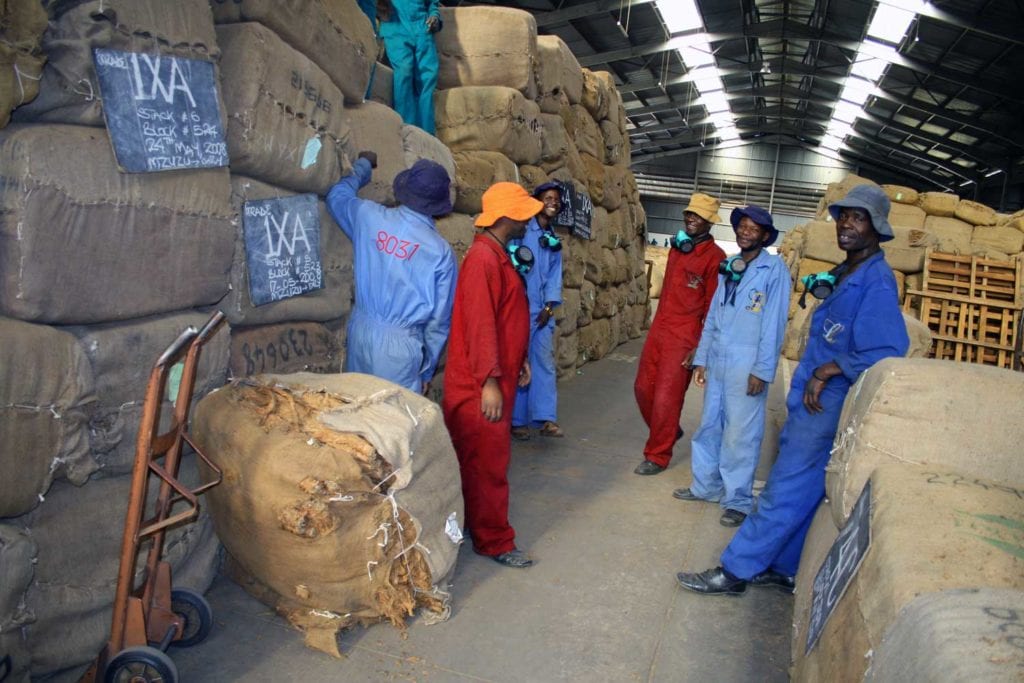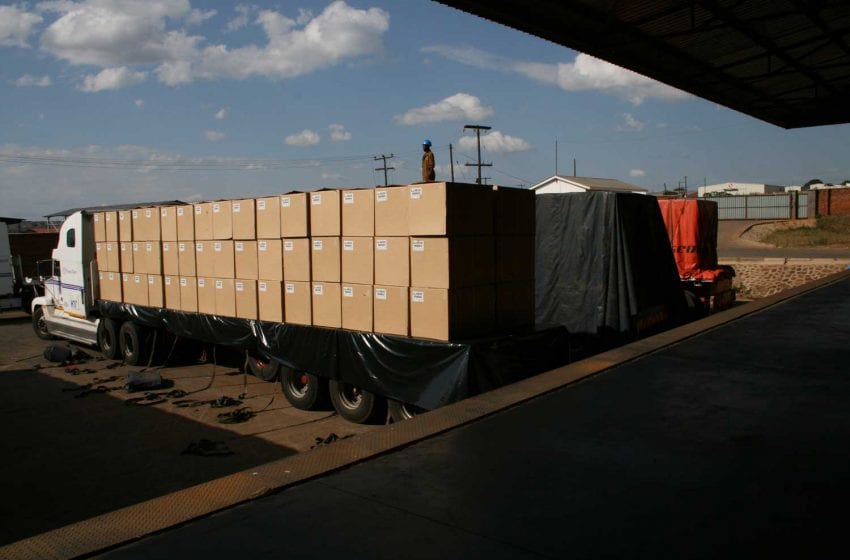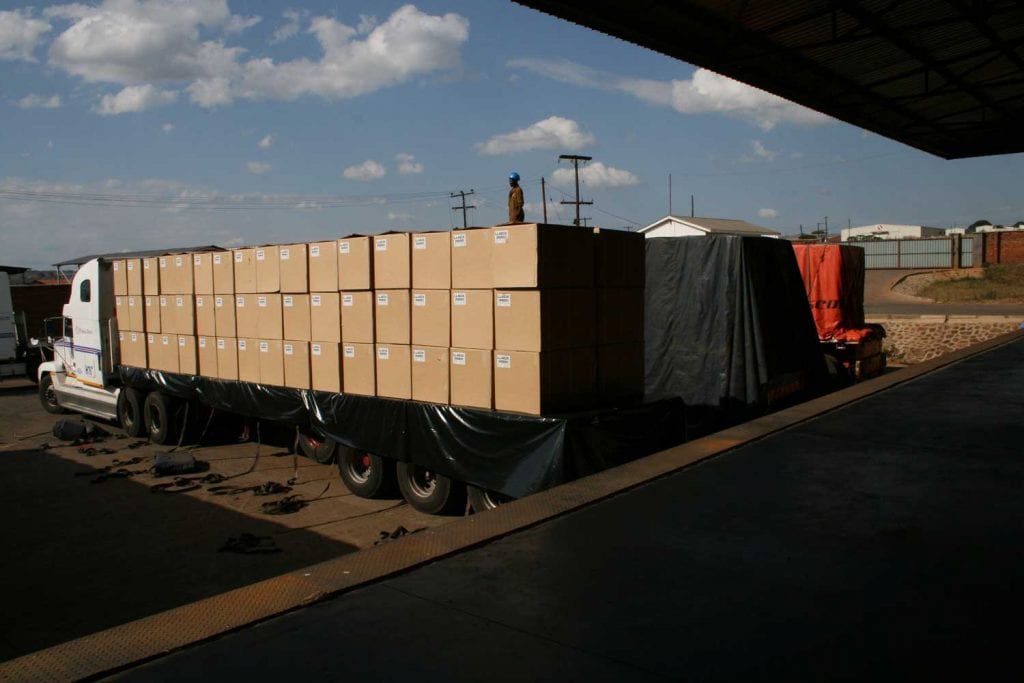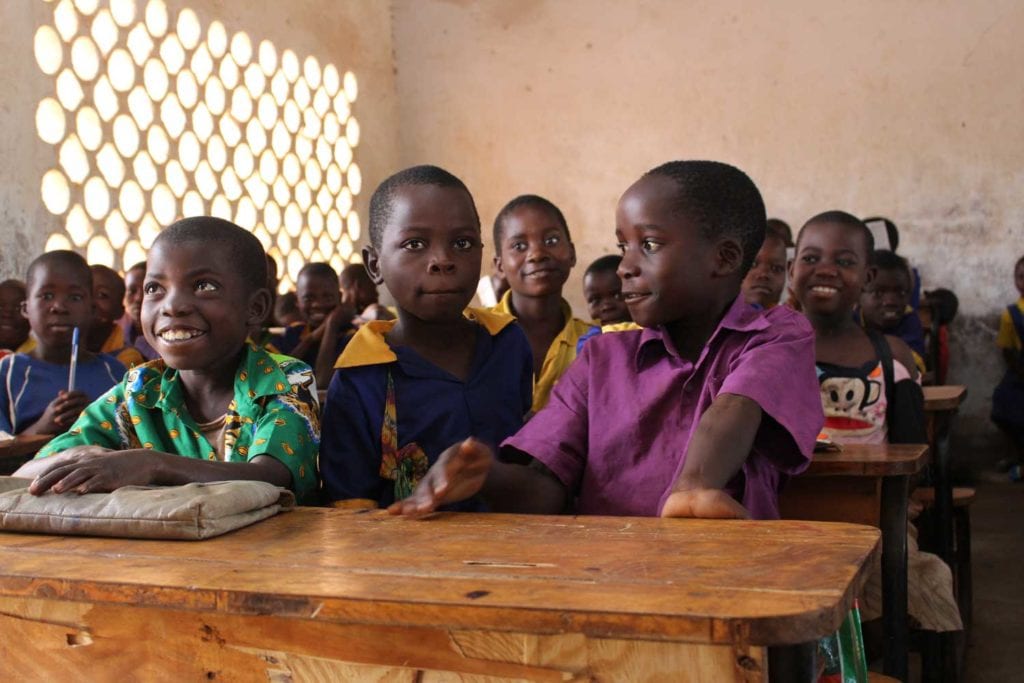
The elimination of forced labor in the tobacco supply chain is a top priority for Alliance One International.
By Kenneth Robeson
It’s a problem that can’t be ignored: a lot of the tobacco industry’s leaf is sourced in developing countries with loose labor laws and/or weak enforcement mechanisms. For example, last November U.S. Customs and Border Protection (CBP) issued a “withhold release order” on imports into the U.S. of tobacco from Malawi based on a suspicion that forced labor was used in Malawi to produce the country’s tobacco crop.
The U.S. Tariff Act defines “forced labor” as “All work or service which is exacted from any person under the menace of any penalty for its nonperformance and for which the worker does not offer himself voluntarily.” The term “forced labor or/and indentured labor” includes forced or indentured child labor.
Forced labor, says Nate Peeters, a spokesman for the Office of Public Affairs for the CBP, is “a global challenge that is not limited to a single industry, product or region. The International Labor Organization (ILO) estimates that forced labor affects nearly 25 million people and generates an estimated $150 billion in profits every year.”
Indeed, forced labor is a global challenge that hurts millions of workers each year. The State Department’s annual Trafficking in Persons Report and the Department of Labor’s International Child Labor and Forced Labor Reports offer specific information about countries and regions in which forced labor occurs. CBP issues withhold release orders based on allegations that forced labor was used to produce goods that are imported or that may be imported into the United States. Since September 2019, CBP investigated allegations of forced labor and issued withhold release orders on such products as hair accessories and garments manufactured in China, bone char produced in Brazil and disposable rubber gloves from Malaysia.
“Forced labor is a human rights violation that is antithetical to American values,” Peeters points out. “Companies that engage in forced labor subject their workers to threats of physical and sexual violence, withholding of wages, restriction of movement and other abuses. Moreover, imported goods made with forced labor undermine the ability of similar American-made products to be sold at a competitive price.”
Top priority

To combat forced labor and other human rights violations in the tobacco business, leading leaf merchants, such as Alliance One International (AOI), are going to great lengths to ensure their supply chains comply with the highest standards.
The elimination of forced labor in global tobacco production “is a top priority for Alliance One International and all of our subsidiaries,” says Michiel Reerink, international corporate affairs director for AOI. “As part of our long-standing commitment, we purchase the vast majority of our tobacco through direct contracts with farmers, which helps ensure the crops we purchase are grown in compliance with our human rights policy, child labor policy and agricultural labor practices [ALP] program.”
Having found that poverty is a leading driver of forced labor globally, he continues, “we work closely with farmers to improve their crop quality and yield, thereby enhancing profitability. This can be one of the best long-term solutions [to creating long-term change]. Visibility into the supply chain is also important when addressing these issues.”
AOI’s team of field technicians works closely with contracted growers to identify the root causes of these issues and collaboratively develop an action plan that allows for true change to be implemented. In some cases, those root causes are systemic and involve cultural or regulatory issues that need to be overcome through long-term interventions and multi-stakeholder groups.
The company records farm-monitoring visits, including labor incidents, in its Sentri traceability platform. “This allows us to follow up with farmers to ensure action plans have been implemented and problems addressed,” Reerink explains. “In addition, it allows us to aggregate the results to focus our education and training and related CSR programs at the country/community level.”
Following this year’s withhold release orders on tobacco from Malawi, AOI has demonstrated to the satisfaction of CBP that there is no forced labor in its Malawi supply chain. In response, CBP lifted its restrictions on AOI imports of Malawi tobacco into the United States. As of June 3, 2020, tobacco imported from Malawi by AOI is again admissible at all U.S. ports of entry.
“From our perspective, labor challenges can be found throughout the global agricultural supply chain,” says Reerink. “Regardless of the country in which we are operating, we work with our contracted grower base to ensure their crops are produced in compliance with our various policies and programs which are aligned with the objective of eliminating forced labor.”
Reerink and his colleagues recognize that improving agricultural practices can take time, “particularly when we are attempting to change long-standing cultural practices, and we work with our contracted growers to implement new measures in ways that provide tangible benefits to them.”
In 2011, AOI introduced its ALP program worldwide. The standards in the program were designed to meet ILO standards. Through the program, the company monitors contracted farmers for compliance with numerous requirements to ensure the rights of farm workers are respected. Its policies and programs create a comprehensive framework that includes, among other restrictions, a prohibition against allowing anyone under the age of 18 to conduct any hazardous tasks, and utilizes a combination of grower education and training, farm monitoring, third-party audits and third-party stakeholder engagement to document and improve compliance.
For example, in Malawi, AOI personnel conduct farmer training and education in group settings as well as one-on-one during frequent farm-monitoring visits. In 2019, representatives visited each contracted farmer an average of 10 times per season. In 2019, they conducted over 139,000 individual farm visits there in a combination of announced, semi-announced and unannounced visits. Adds Reerink, “To help enhance awareness and comprehension of ALP, the local Alliance One Malawi team also created radio broadcasts and drama performances to expand understanding of the risks of child labor into the community.”
Multi-stakeholder involvement plays a key role in improving labor practices as they are often tied to long-standing cultural traditions. For example, once again in Malawi, in 2019 Alliance One Malawi established 179 ALP Village Committees involving farmers, village headmen, teachers and religious leaders trained by company staff. These committees were set up to promote public discussion about ALP, help farmers improve agronomic practices by gathering and sharing information, and encourage community buy-in, accelerating the implementation and acceptance of ALP among farmers and supporting ALP compliance within the community.
The protection of human rights is an agricultural sector issue, Reerink points out, not specific to the tobacco industry. “Some tobacco industry suppliers, including Alliance One, have taken actions with their respective contracted farmer bases that have led to significant improvements in the experiences of farmworkers. However, without the alignment and support of other tobacco suppliers and supply chains for other crops, implementing long-term solutions becomes much more of a challenge.” It will, he feels, take a continued multi-stakeholder effort to truly drive long-term change in labor practices and address some of the systemic challenges facing the agricultural supply chain.
Clear and direct message
The battle against forced labor is ongoing. CBP has a unique statutory authority to prevent goods made through forced labor from entering the United States. Its Office of Trade investigates allegations of forced labor and if substantiated, directs enforcement actions. CBP issues a withhold release order when it has information that reasonably indicates that goods produced using forced labor may be imported into the United States. These orders instruct CBP personnel at ports of entry to detain shipments that contain goods manufactured in whole or in part with forced labor. Withhold release orders “send a clear and direct message to the trade community that CBP will not tolerate forced labor in U.S. supply chains,” Peeters says.
Industry, Peeters suggests, has “the duty to exercise reasonable care and due diligence to ensure that goods produced with forced labor do not enter their supply chains. Companies are on the frontline and should use all available information about the conditions of forced labor in countries where goods are sourced from to ensure they do not import goods produced with forced labor.”
Maintaining transparency of company supply chains can help companies identify and remediate forced labor found in supply chains. CBP will continue to investigate allegations and pursue enforcement actions where evidence reasonably indicates that goods are manufactured with forced labor imported to the United States.
Getting consumers involved
Consumer awareness, CBP’s Nate Peeters insists, is essential for eliminating forced labor.
“Companies will not sell products that consumers do not buy,” he notes. “CBP urges consumers to ask for more details about where and how their products are made and to use their economic power to tell companies that forced labor is against American values.”
Generating and sustaining consumer awareness “is a challenge,” notes Peeters, “but one that is essential to addressing forced labor in U.S. supply chains.”
CBP has been working with its nongovernment and media partners to communicate forced labor enforcement actions to U.S. consumers through press releases, social media content and TV and radio appearances. It also continues to communicate frequently with the trade community about forced labor concerns and measures that companies can take to ensure that they have clean supply chains.
The agency urges consumers to ask for more details about where and how their products are made. “The great deals that can be found online and in stores may be inexpensive because the products were made through modern slavery,” Peeters points out. “Americans can use their economic power to tell businesses that we will not tolerate forced labor in U.S. supply chains.”

